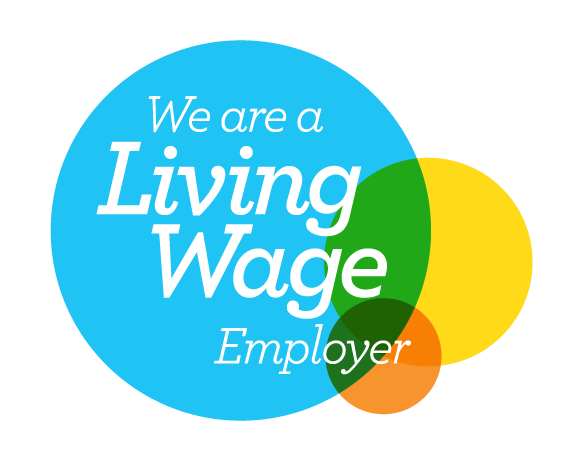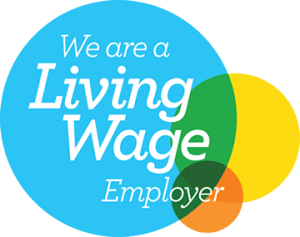Case Study: Food Manufacturer Consulting
Carbon reduction strategy for food manufacturer
How a Food Manufacturer Reduced Carbon Emissions to Achieve Science-Based Objectives.
Scope 1, 2 & 3
CARBON ACCOUNTING
1.15M
tCO2E SAVINGS IDENTIFIED
ABOUT FOOD MANUFACTURER
Our client is a leading manufacturer of fresh, convenient food, supplying retailers and foodservice companies with a wide range of prepared salad meals. The client has spent over 25 years combining fresh food and the latest technology to produce high-quality and innovative products to satisfy ever-changing consumer tastes. They are committed to working closely with suppliers and their local community to create a positive impact and protecting the environment.
“Equivalent to 35% of the UK’s total emissions arise from producing and eating the country’s food & drink, including emissions overseas for imported food” (Source: WRAP, 2021). A business-as-usual approach to global food production would cause the sector’s emissions to increase by 30%–40% by 2050, due to a growing population and consumption trends (Source: FDF, 2021). It is therefore essential that we tackle this sector’s emissions to meet our national net zero target by 2050.
SECTOR
SERVICES DELIVERED
Challenge
Understanding carbon impact of energy consumption
To mitigate their impact on the environment, the client needed to understand the carbon impact of their energy consumption as well as the activities from their upstream and downstream value chain. They required decarbonisation solutions for their scope 1, 2 and 3 emissions, with detailed mapping of the cost, impact and expected timeline of these projects. The client wanted a clear net zero pathway supported by carbon reduction targets, ensuring alignment with a 1.5°C-compliant scenario, along with guidance around offsetting best practice.
Solution
5-fold NET ZERO STRATEGY
Optimised delivered a 5-fold Net Zero strategy for this manufacturing client.
results
Setting science-based targets
This net zero strategy engagement provided the client with a detailed breakdown of their material carbon emissions across their value chain. The client can now begin to implement carbon reduction projects targeting scope 1, 2 and 3 emissions, working towards science-based targets.
The client now have oversight of a costed, organised, and effective net zero strategy, the impact of which can be monitored regularly.
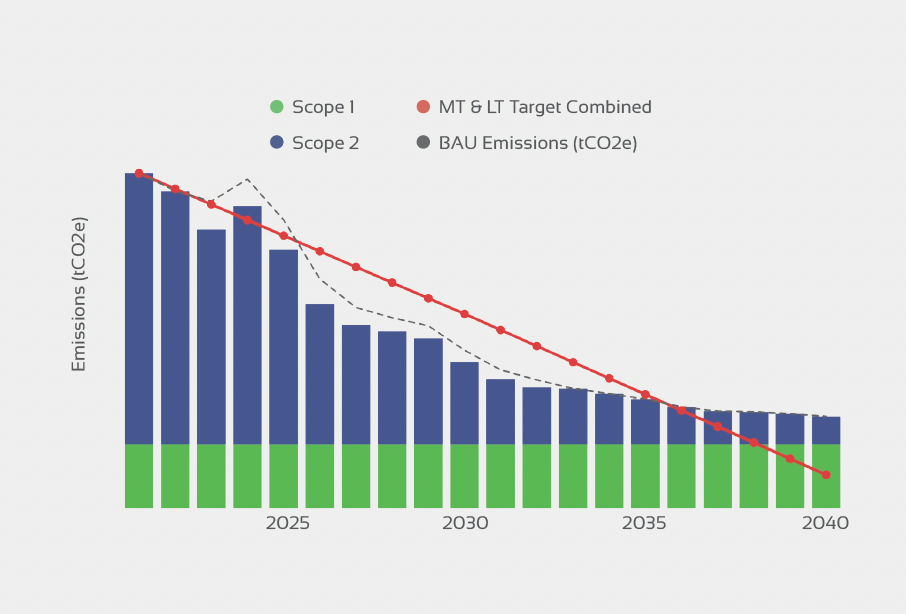
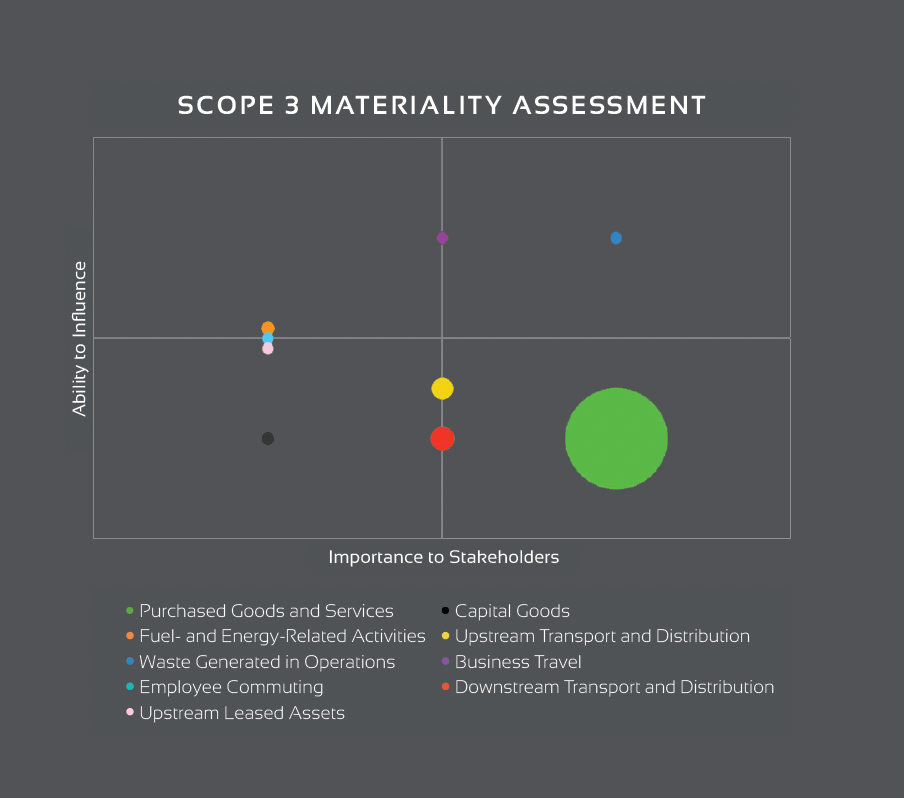
Optimised’s report has clearly presented the net zero challenge by detailing the investment cost for reaching net zero as wel l as the financial and carbon risk of inaction.
Corinne Boddy
Group Head of Business Development, Optimised

BOOK YOUR 30-MINUTE ENERGY MANAGEMENT CONSULTATION
Fill in your details below to arrange a complimentary consultation with one of our experts. They will give you bespoke advice to help your business achieve all its energy needs, reducing cost, consumption and carbon.




